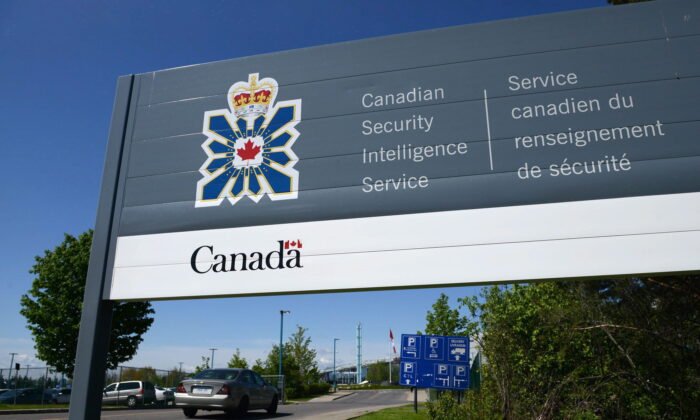CSIS Seeks to Collaborate With Domestic Partners amidst Growing Concerns of Foreign Interference
Amid growing concerns over the potential misuse of advanced technologies for espionage and foreign interference, the Canadian Security Intelligence Service (CSIS) is pushing to expand its authority to disclose sensitive information beyond the government and to enhance protection for provinces, municipalities, and Canadian institutions, including academia, media, and businesses.
“Today, foreign interference impacts every level of government and all sectors of society, including Canadian communities, academia, the media, and private enterprises. CSIS’ expertise and intelligence are increasingly relevant to those outside of the federal government, and these partners turn to CSIS more than ever for information,” the consultation paper stated.
“While national security remains a federal responsibility, it is clear that countering foreign interference requires a whole-of-society effort.”
The intelligence agency highlighted constraints in sharing assessments with domestic partners due to limitations outlined in the CSIS Act. The agency notes that the Act was enacted in 1984, a time when national security was “strictly the purview of the federal government,” and the use of digital technologies that enable and enhance threats from foreign interests was not foreseeable.
Foreign Interference
In a public appearance alongside his fellow Five Eyes counterparts in October, CSIS Director David Vigneault cautioned about threats to Canadian innovation, intellectual property, and academic institutions posed by state actors like the People’s Republic of China (PRC).
“We see the PRC, the Chinese Communist Party passing legislation, to force any person of Chinese origin anywhere in the world to support their intelligence service,” he said. “It means they have ways of [coercing] people here, in each of our countries, anywhere, to essentially tell them and give them the secrets that you know.”
A public inquiry into foreign interference in Canada’s federal elections is scheduled to hold initial hearings starting on Jan. 29, 2024. The public inquiry follows widespread reports of China’s meddling in the 2019 and 2021 general elections.
Collect Information Outside of Canada
In addition to sharing intelligence with domestic partners, CSIS is seeking the power to collect electronic and digital information located outside the country when linked to an investigation of a foreign national residing in Canada.
“However, advances in technology have placed some of the information out of reach of CSIS. For instance, if the foreigners in Canada whom CSIS is tracking are leaving messages on voicemail and e-mail services where data is stored outside the country on servers, the agency is currently barred from collecting that information,” the consultation paper states.





